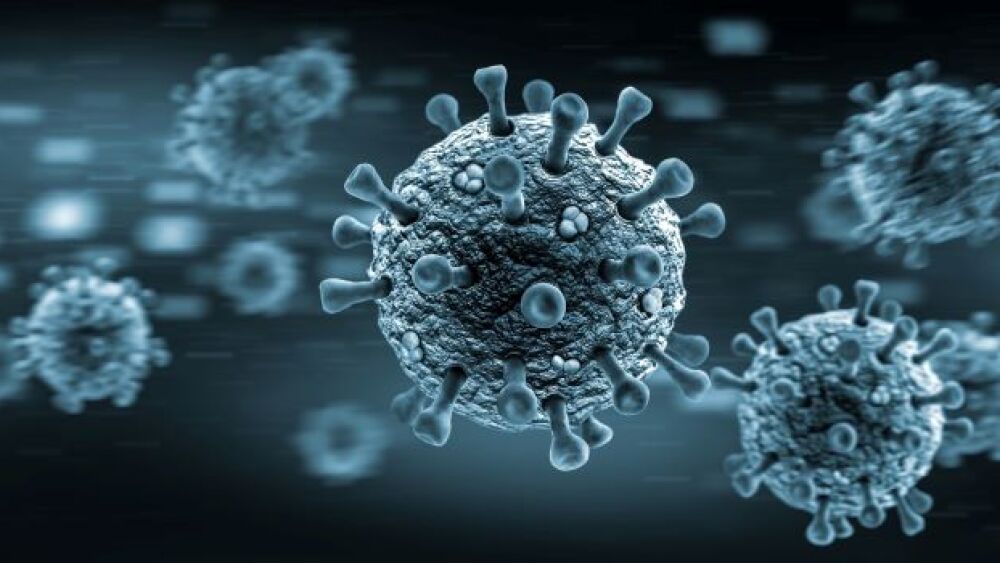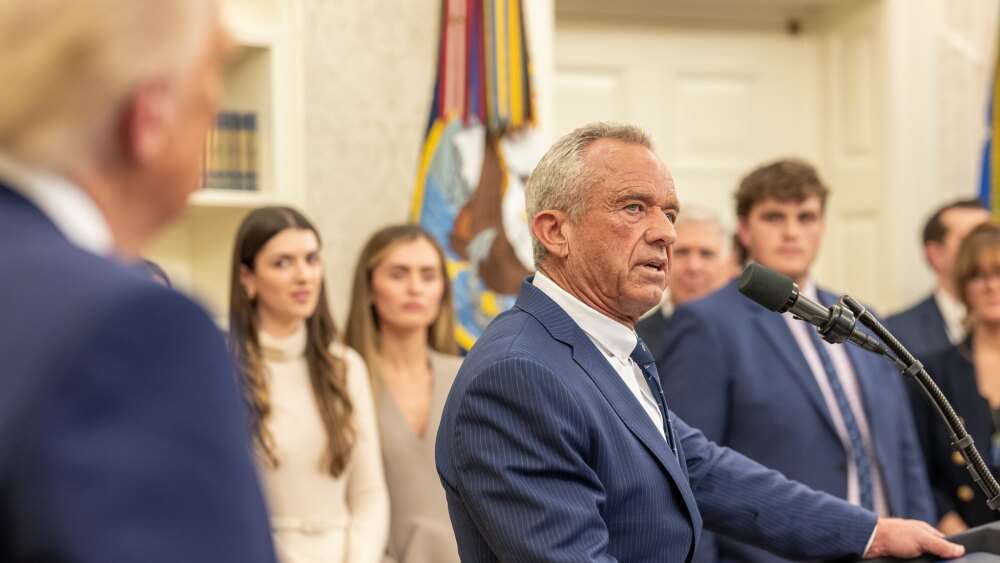A flurry of COVID-19 research news came out today. Here’s a look.
A flurry of COVID-19 research news came out today. Here’s a look.
COVID-19 Reinfections are Rare
A research study published in JAMA Internal Medicine found that people who had previously been infected with COVID-19 were 94% less likely to be reinfected than people who were never infected. However, the authors of the study noted that their research finished before the rise of more infectious variants.
“Because it is likely that immunization plus history of natural infection is better protection than natural infection alone, all persons should be encouraged to get vaccinated even if they have been previously infected with SARS-CoV-2,” said Michell H. Katz, in an accompanying note from the editor.
NIH: Blood Donations Safe from COVID-19
A new study conducted by the National Institutes of Health (NIH) found that SARS-CoV-2 is not a threat to the blood supply. The research supports current blood donor guidelines, which don’t require testing blood samples for the virus but do require donors to be screened for symptoms of COVID-19. The researchers screened test results for signs of the virus in thousands of blood donations and did not find any reason to change the screening practices.
“This finding is good news for thousands of patients who may need a blood transfusion because of surgery or a disease that causes anemia, such as a rare blood-related condition or leukemia,” said Simone Glynn, chief of the Blood Epidemiology and Clinical Therapeutics Branch at the National Heart, Lung, and Blood Institute (NHLBI).
More Vaccine Side Effects Associated with Previous COVID-19 Infection
A new study published in the Journal of Infection found an increased risk of side effects after the first Pfizer-BioNTech COVID-19 vaccine if people had previous COVID-19 infection.
The study surveyed 974 UK healthcare workers. One in four had a previous positive test, and 30 of them, out of 974, said they had long COVID-19 with a median duration of 9.3 months. Being female and younger was associated with an increased risk of vaccine adverse events. The most common symptoms were fever, fatigue, muscle pain, joint pain, and lymph node pathology.
Possible Link between Pfizer-BioNTech Vaccine and Heart Inflammation
Health officials in Israel identified a possible association between the Pfizer-BioNTEch COVID-19 vaccine and dozens of myocarditis, inflammation of the heart, in young men after the second dose. Despite the link, Israel’s Health Ministry said it planned to expand its vaccination efforts to 12- to 16-year-olds.
There were 275 cases of myocarditis identified between December 2020, when vaccination in the country began, and May 2021, including 148 cases within a month after vaccination. Of them, 27 were after the first dose and 121 after the second dose. In both groups, about half were in people with previous medical conditions.
Pfizer stated that at this time, there was no indication that the myocarditis was caused by the vaccine. Myocarditis is often caused by viral infections, and COVID-19 has been linked to heart inflammation.
The company said, “A careful assessment of the reports is ongoing and it has not been concluded. Adverse events, including myocarditis and pericarditis, are being regularly and thoroughly reviewed by the companies as well as by regulatory authorities.”
HHS Official Suggested Dog Cones for PPE and Other Fauci Email Insights
The Washington Post obtained National Institute of Allergy and Infectious Disease (NIAID) Director Anthony Fauci’s emails from March and April 2020 via a Freedom of Information Act. The biggest takeaway is that Fauci is a very busy man who makes enormous efforts to respond to the almost 1,000 emails per day that he received. Highlights include continuing correspondence with a leading Chinese health expert, George Gao, director of the Chinese Center for Disease Control and Prevention, where both men expressed significant concern over the virus and efforts to control it.
The email also found Fauci corresponding late into the evening and responding politely and professionally to some pretty crazy questions and media requests. For example, an official at the Department of Health and Human Services (HHS) suggested, because of the shortage of personal protective equipment (PPE), they could use “doggie cones.” Fauci sent a polite thank you. He also received numerous requests for public speaking, including by the NFL Players Association to have him provide advice on how the NFL season might take place.
There were also detailed questions from, for example, a senior official in the Office of the Surgeon General in the Army and U.S. Army Medical Command, saying, “You are the voice of reason for millions of concerned citizens,” and asked questions such as “Can the virus be contracted from a corpse?” and “Are masks and gloves truly effective?”
NIH Launches Study of Mixed COVID-19 Vaccines
The NIH launched an early-stage trial to test mixing COVID-19 booster vaccines in fully vaccinated adults. The project is trying to understand the safety and immune responses after mixed boosted shots, should booster vaccines be necessary. The NIAID-funded trial involves about 150 people who already received one of the vaccines authorized in the U.S., Pfizer-BioNTech, Moderna, or Johnson & Johnson.
Fauci stated, “Although the vaccines currently authorized by the U.S. Food and Drug Administration offer strong protection against COVID-19, we need to prepare for the possibility of needing booster shots to counter waning immunity and to keep pace with an evolving virus. The results of this trial are intended to inform public health policy decisions on the potential use of mixed vaccine schedules should booster doses be indicated.”
Cancer Patients Demonstrate Good Immune Response to COVID-19 Vaccines
Two studies published in JAMA Oncology, one from Israel and the other from Japan, demonstrate that cancer patients who received the Pfizer-BioNTech COVID-19 vaccine were as likely as healthcare workers to have appropriate immune responses to the vaccine.
In the Israeli study, 90% of cancer patients had adequate COVID-19 antibodies compared with 100% of controls. However, the median IgG antibody concentration in the cancer patients was significantly lower than in the control patients, which was associated with a combination of chemotherapy and immunotherapy. The studies suggest that although they respond well to the vaccines, a third booster shot may be needed to bring their immune responses up to ideal levels.





